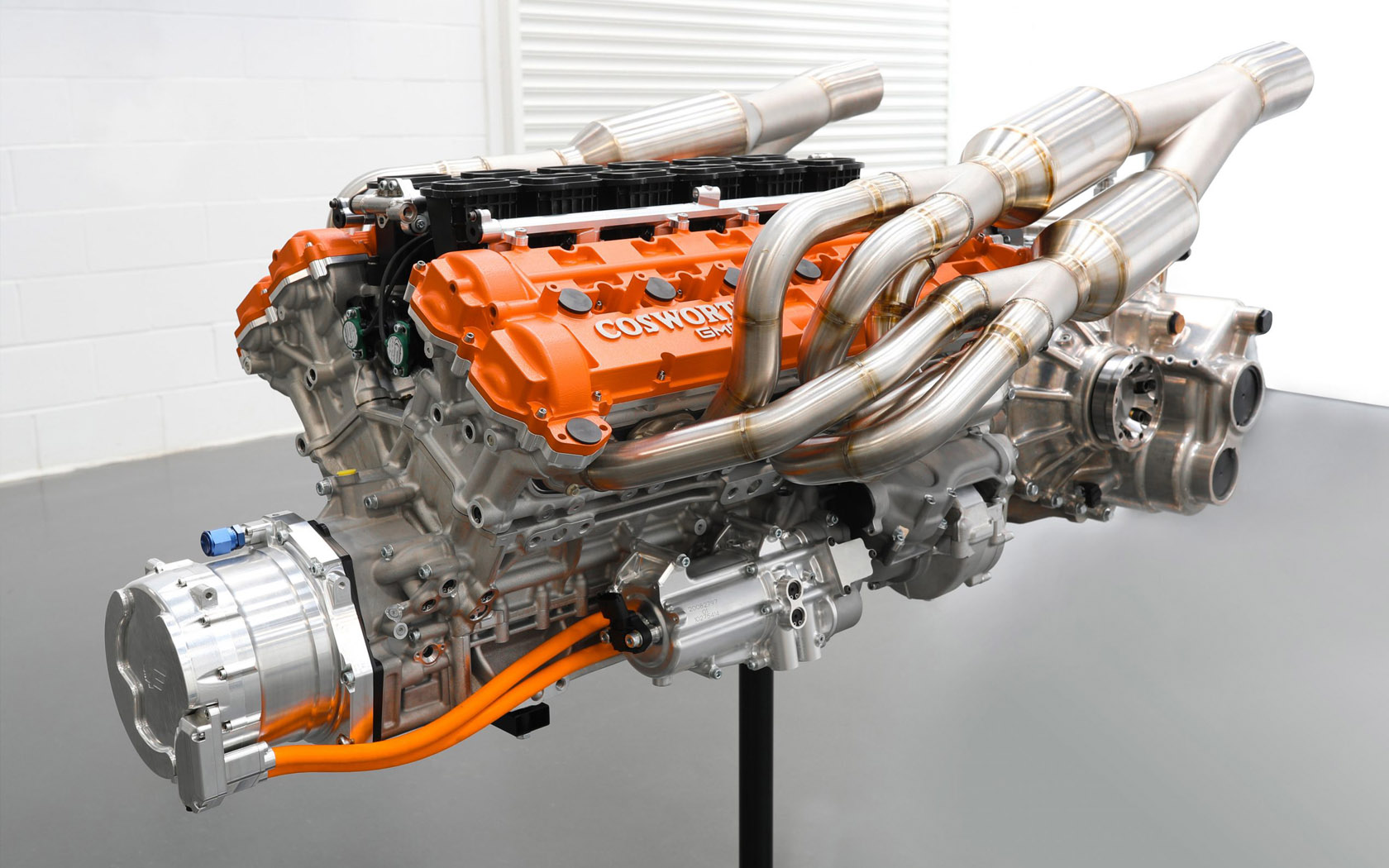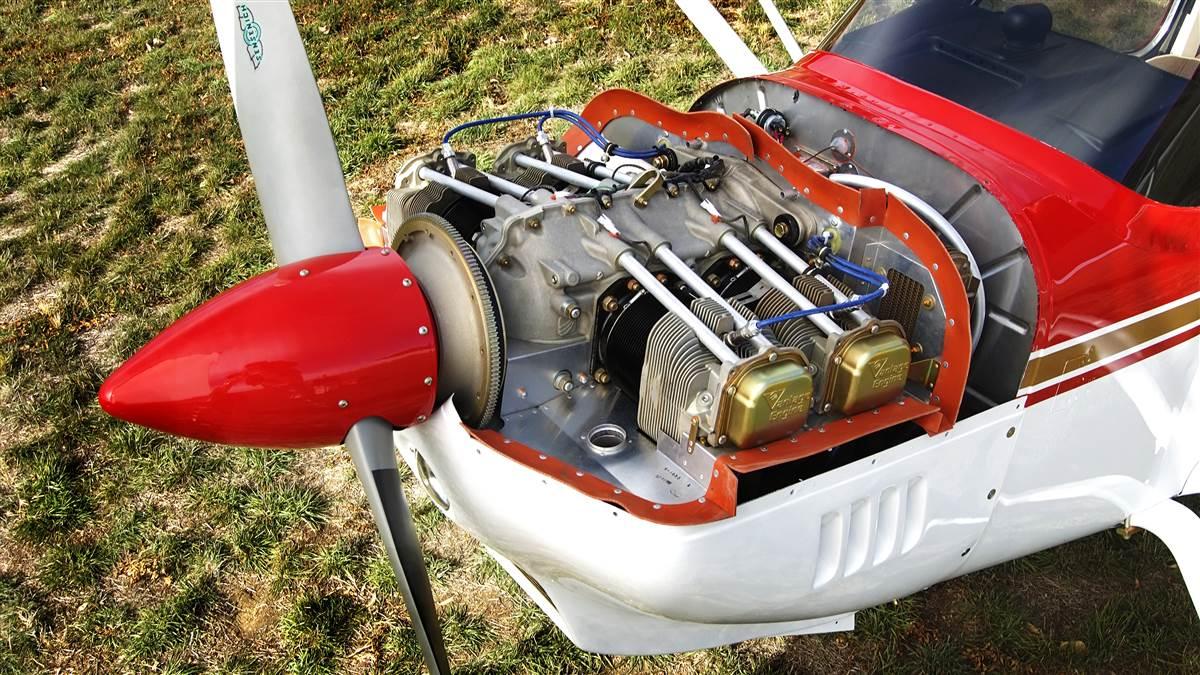The Mission for Ultimate Driving Power: Checking Out the Peak of Engine Efficiency and Technological Innovations in the Automotive Field
In the realm of auto design, the quest of maximum driving power has been an unrelenting pursuit that has actually unravelled via the development of engine style and the integration of advanced modern technologies. From the meticulous craftsmanship of burning engines to the quick developments in electrical propulsion systems, the vehicle industry stands at the cusp of a brand-new age characterized by unprecedented performance capacities. As scientists and designers dig much deeper right into the worlds of computational liquid dynamics and check out ingenious fuel technologies, the perspective of possibilities expands tremendously. Keep tuned as we unwind the detailed tapestry of technological developments that are shaping the future of automobile power and efficiency.
Advancement of Engine Style

Furthermore, the integration of turbocharging and turbo charging innovations has actually transformed engine style by improving power without substantially boosting engine dimension. These forced induction systems compress the consumption air, enabling more fuel to be combusted, therefore creating greater power result from a smaller sized engine. This improvement has actually been especially crucial in improving the performance of smaller variation engines while maintaining fuel performance criteria.

Performance-Enhancing Gas Technologies
The implementation of innovative fuel modern technologies has substantially contributed to boosting engine efficiency in contemporary cars. From conventional gas and diesel to innovative biofuels, artificial fuels, and hydrogen, the automotive sector is experiencing a change in fuel choices. Biofuels, originated from eco-friendly resources like algae, sugarcane, or corn, deal lowered exhausts and boosted engine efficiency. Artificial gas, generated through chemical processes, supply high octane ratings, boosting power outcome. Hydrogen fuel cells, although still in the beginning of fostering, reveal great promise because of their zero-emission nature and capacity for high efficiency. Furthermore, fuel additives and cleaning agents are being developed to tidy engine components, enhance combustion, and lower friction, consequently increasing general car performance. With continuous study and advancement, the quest for the best driving power continues, as designers strive to unlock the full capacity of performance-enhancing gas modern technologies in the automotive market.
Innovations in Electric Propulsion
Significant strides in electrical propulsion innovation have actually revolutionized the auto market, leading the way for a new era of lasting and reliable transport. Electric automobiles (EVs) are acquiring popularity as a result of their environmental benefits and developments in battery innovation, making it possible for longer driving ranges and shorter billing times. Producers are investing heavily in r & d to boost the performance of electric propulsion systems, focusing on boosting power output, enhancing energy performance, and reducing total weight.
One noteworthy innovation in electrical propulsion is the advancement of sophisticated electrical motors that provide greater torque and power density, resulting in enhanced velocity and total driving performance. Furthermore, regenerative stopping systems have been fine-tuned to store and capture energy during slowdown, further increasing the efficiency useful link of EVs.
In addition, the combination of smart innovations, such as expert system and predictive analytics, is optimizing the administration of electric propulsion systems, making certain optimum performance under various driving problems. These improvements in electric propulsion are reshaping the automotive landscape, driving the market in the direction of an extra sustainable and amazed future.
Influence of Computational Fluid Dynamics
With advancements in electrical propulsion pressing the borders of auto innovation, the integration of Computational Liquid Dynamics is playing an essential duty in enhancing aerodynamic efficiency and boosting overall performance in vehicle style. Computational Liquid Dynamics (CFD) entails the use of computer system check it out simulations to analyze the flow of air around a lorry, enabling designers to predict exactly how style changes will affect the rules of aerodynamics without the need for expensive physical models. By properly modeling airflow patterns, CFD permits the improvement of lorry forms to decrease drag, enhance air conditioning, and boost stability.
One secret benefit of making use of CFD in vehicle design is the capability to iterate quickly, discovering numerous design variations to determine one of the most aerodynamically reliable remedies. This repetitive procedure results in cars that are not only sleeker and a lot more aesthetically enticing yet additionally extra ecologically friendly and fuel-efficient. Moreover, CFD makes it possible for designers to maximize airflow around components such as radiators, engine bays, and wheel wells, contributing to improved performance and overall driving experience. Finally, the combination of Computational Liquid Dynamics represents a significant action his comment is here forward in the mission for best driving power and performance in the auto market.
Future Patterns in Engine Development
In the vibrant landscape of vehicle engineering, cutting-edge advancements are forming the future trajectory of engine advancement. The future of engine design is noted by a strong emphasis on performance, performance, and sustainability. Makers are significantly concentrating on establishing engines that not only deliver high power results however additionally prioritize ecological responsibility by minimizing emissions and enhancing fuel effectiveness.
One famous trend in engine advancement is the surge of electrification. Hybrid and electric powertrains are acquiring traction as practical options to standard combustion engines. These modern technologies supply the capacity for substantial reductions in carbon discharges and raised energy performance, lining up with international efforts to fight climate change.
In addition, developments in materials scientific research and production strategies are enabling the production of lighter and extra durable engine components. This shift towards light-weight products such as carbon fiber and light weight aluminum alloys contributes to improved performance and gas economic climate.
Final Thought
Finally, the search of best driving power in the automobile field continues to drive developments in engine style, gas innovations, electrical propulsion, and computational fluid dynamics. The evolution of these innovations is shaping the future of engine innovation, leading the way for a lot more effective and powerful vehicles (engines for africa). As the industry continues to press the boundaries of what is possible, we can anticipate to see a lot more revolutionary growths in the mission for peak performance
One of the essential milestones in engine design development is the transition from conventional carbureted engines to modern fuel-injected systems. By specifically metering the gas shipment to each cylinder, fuel-injected engines maximize combustion, resulting in far better efficiency and decreased ecological impact.
Furthermore, the assimilation of turbocharging and turbo charging technologies has actually transformed engine design by boosting power without substantially increasing engine dimension (engines for africa).The implementation of innovative gas technologies has actually significantly added to improving engine efficiency in contemporary cars. In addition, fuel ingredients and detergents are being created to clean engine components, enhance combustion, and decrease rubbing, thus boosting total car efficiency